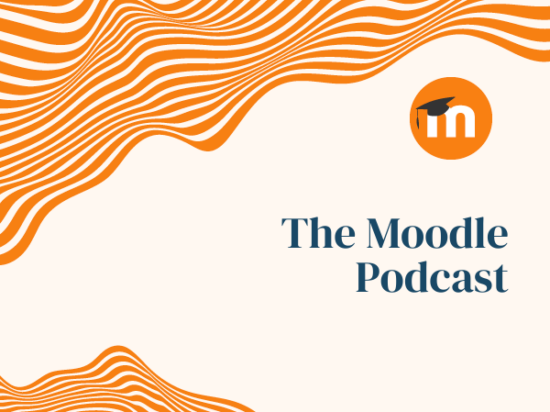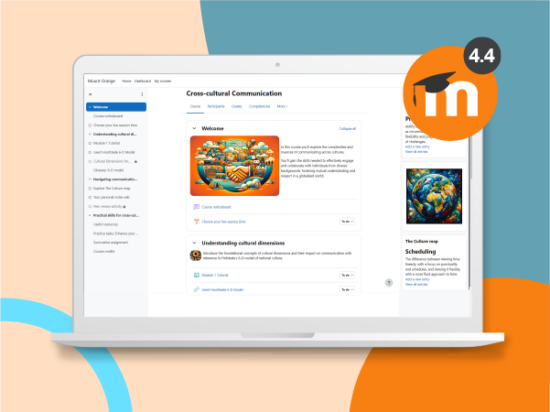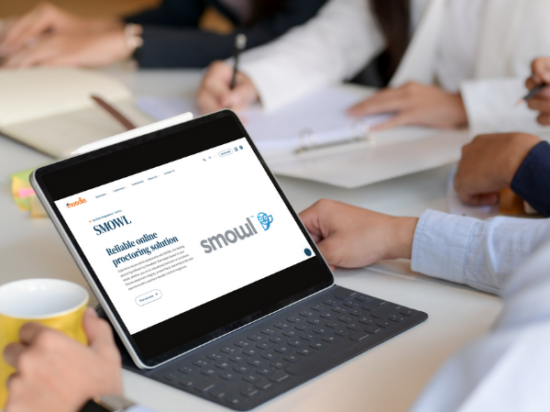In West Africa, with Togo to the west, Nigeria to the east and Burkina Faso and Niger to the north, lies Benin – a French speaking African nation that is highly dependent on agriculture for its employment and income generation.
As is the case in most African countries, Benin has a very young population, with a high level of unemployment. Agriculture is the only sector where the youth could find jobs, but it is also where they are needed to produce the food required by the country.
The Green Innovation Centre (or CIVA: Centre d’Innovations Vertes pour l’Agro-alimentaire) is working with AfricaRice in Benin to address the unemployment issues in agriculture in the region.
CIVA is part of the ‘One World, No Hunger’ initiative – funded by the German Ministry of Economic Cooperation and Development.
Their work is focussed on assisting young students from Agricultural Colleges to learn practical skills of how to work with farmers as advisers, or to find jobs or create their own businesses in rural parts of the country.
With a mission to contribute to poverty alleviation and food security in Africa, the courses run by CIVA are important to advance the knowledge and skills of students, essentially empowering them with the right tools to achieve economic sustainability.
CIVA has been working with local experts and young graduates to develop and deliver the training courses in Moodle. So far, they have over 30 courses, in French, and are seeing an excellent uptake of their courses with about 250 students completing most courses.
To address the poor internet connectivity in Benin, CIVA is also currently looking to utilise the Moodle Mobile App, and its offline capabilities to meet their learners wherever they are!
We contacted Dr Bruno Tran, the CIVA Vocational Training Expert from AfricaRice, to talk more about their agricultural courses in Moodle and the Moodle Mobile App.
Moodle HQ: Thank you for taking the time out of your busy schedule to talk to us today Dr Tran.
Would you be able to please start by giving us a background about AfricaRice and CIVA and how its courses and the way you deliver them are helping young people to secure economic sustainability?
Dr Tran: Thank you for giving me the opportunity to present our work! AfricaRice is an unusual international research centre in the sense that it is both a CGIAR Research Centre – part of a global research partnership for a food-secure future, and also an intergovernmental association of African member countries. As its name indicates AfricaRice has the mandate to develop rice production and transformation in Africa. It has its headquarter in Côte d’Ivoire, and stations in a few other African countries, one of them in Benin, where we are located.
The German funded initiative ‘One World, No Hunger’ started Green Innovation Centres (CIVA from the French acronym) in 14 developing countries including Benin.
CIVA is based at the AfricaRice station. CIVA has the objective to increase the income of small farming enterprises, boost employment and improve regional food supply through the dissemination of agricultural and food production innovations.
We specifically want to achieve these objectives by promoting rural employment for youth, in agriculture and related sectors. In our projects we work with the 10 Agricultural Colleges in Benin, and offer their students free access to purpose-built e-learning courses that top up their training and better prepare them to work with farmers as advisers.
We offer young people valuable field experience and a role to play in the dissemination of farming innovations. In order to reach more young people and make learning available to them wherever they are in the country and whenever they can spare the time, we chose the e-learning format. We knew that young people would be particularly receptive to internet based solutions.
Moodle HQ: How and why did you choose Moodle as the learning platform to develop and deliver the courses?
Dr Tran: I worked for 10 years as an Associate Lecturer for the Open University, in the UK, probably the largest distance learning University in the world. This helped me experience and understand what is needed to deliver effective e-learning.
Choosing Moodle for what we do here was the simplest decision I made in the whole process: I wanted a widely used platform, with a good reputation and adequate support. I also wanted it to be open source and free, because this is closest to the values of development as we see it.
Technically, Moodle offers us exactly what we need: we develop courses in the platform, and we then manage courses and students through the platform, delivering course certificates automatically after success at a final test, and Moodle helps us to produce various reports on progress.
Moodle HQ: At the moment the team at CIVA are also looking into the Moodle Mobile App. What are you looking to do with the App for teaching the courses?
Dr Tran: In Benin, like in many other African countries, internet connectivity is not yet sufficiently and/or widely available. We therefore equipped the young people with whom we work with locally-sourced 7inch Android tablets they can use to work in the field and to access the internet where there is a Wi-Fi connection. We also opened 21 offices across the country where our young people can use the mobile data router enabled Wi-Fi connection to study our courses. But the farmers’ groups with whom they work are sometimes an hour or two away from the nearest office, and transport in rural areas is often difficult to find or organise. So I really wanted to provide our young people with a way to work off-line.
Our courses make heavy use of lessons (one of the many components available to a course designer in Moodle) and these have been made available to off-line work with later synchronisation in version 3.3, released in May 2017.
The whole team, here at CIVA, was really excited with this new release, because it means our students can very soon download a complete course at one of the offices, and then study it in their own time, in the communities where they work. This is very much the kind of flexible tool they need.
We are just finalising full compatibility of the photos and cartoons we use in our lessons before rolling out the App to all our students.
Moodle HQ: What are the benefits or results the organisation is looking for by using the Moodle Mobile App for the courses?
Dr Tran: The benefits for us are that our students can study our courses better – in their own time, small amounts at a time if they prefer. They can find a space where they can concentrate, and even study with friends – although we request that tests are taken individually, studying with friends can be a great way to ensure a good understanding of the topics.
Of course, off-line access will also be extremely valuable for other users of our courses, which are free to use – one only needs to register with us. This means that existing extension agents, NGO staff, farmers associations and current students of agricultural colleges can also use our courses, and they just need short and irregular visits to a cybercafé to download a course and then upload their test answers for marking and receipt of a course certificate if they achieved the required mark.
For us, it means we can reach a larger audience, despite the limitations of internet connectivity in rural parts of the country. I must specify “despite the current limitations” because internet penetration is gathering speed all the time, and via mainly the mobile data networks, I expect that within a few years everyone will be within easy reach of an internet connection. Then we will still offer the advantage that our courses are available on computers, on tablets and on smartphone. It is always good to offer options and flexibility!
Moodle HQ: Lastly, if people would like to find out more about AfricaRice, CIVA and the work you do, what is the best way to do that?
Dr Tran: Our e-learning platform is on elearning.afris.org and you can take 2 courses without registering, one introduces students to our courses, their structure and navigation, the other is an advert for our approach and our courses, and teaches you how to make “crëpes” (French pancakes). If you want to access the courses we offer to our young students, drop us an email on elearning@afris.org and we’ll be happy to give you a login.
You can read more about AfricaRice on: www.africarice.org
And on the Green Innovation Centres on: www.giz.de/en/worldwide/32209.html
Thank you Dr Tran and the AfricaRice Centre for your work in making learning accessible for many young people in Benin.
We also look forward to hearing more about delivering your courses through the Moodle Mobile App.
To find out more about our mobile app, please visit download.moodle.org/mobile/, follow us on Twitter @moodlemobileapp or join our Moodle Mobile Forum.



